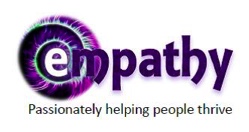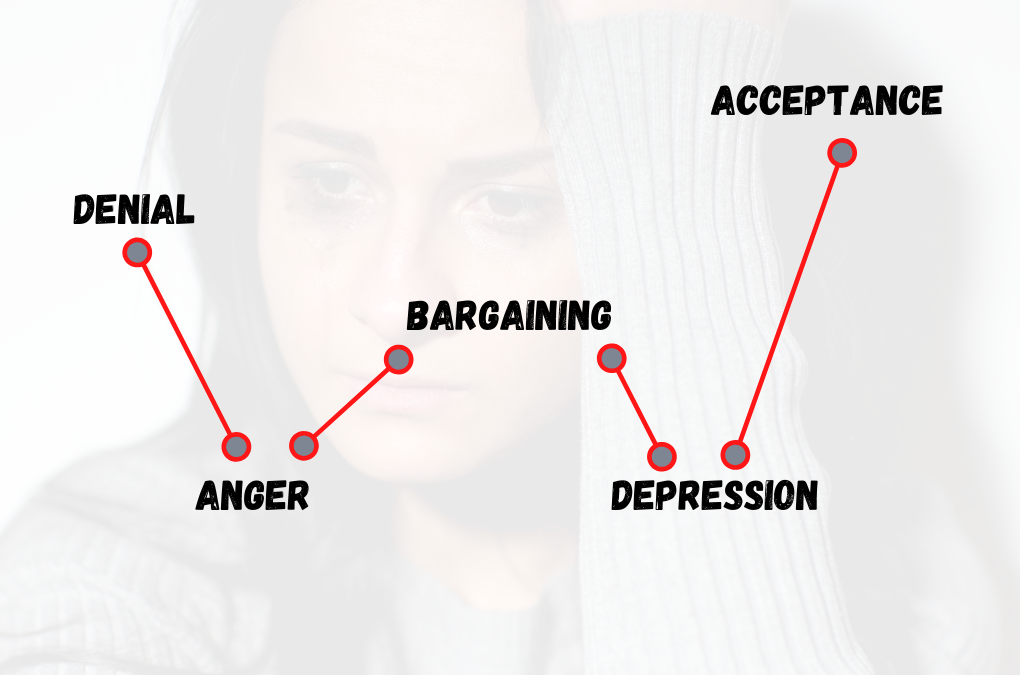How are people dealing with grief during the era of Covid-19 (Coronavirus)? This article will explore the emotional roller coaster of loss and grief that so many people are experiencing. And it’s not just individuals that are dealing with grief. We are doing so as groups, communities, states and even countries. The loss that we all feel while family, friends and neighbors die, or when our businesses have been shuttered to the point of collapse is very real and very painful.
Grief expresses itself in many different ways. You might be experiencing feelings of guilt or regret for not being able to do anything to help those suffering the most. While it’s certainly understandable to have such feelings, it’s also important to remember that in many cases, we don’t have any way to control such circumstances.
The new normal of being isolated from others has people dealing with grief in new ways. We are social beings, and when we must separate ourselves from others, the grief process kicks in as well.
How do you know if you’re dealing with grief? Here are some of the telltale signs:
- Interrupted or inability to sleep
- Lower than normal energy
- Excessive eating, drinking or shopping
- Difficulty focusing
- Abrupt outbursts of anger
- Higher than normal feelings of fear
When these, or other signs of dealing with grief show up in our lives, they usually ga hand in hand with a pattern that we refer to as the five stages of grief.
First comes denial, coupled with isolation. This is a common defense mechanism that helps numb the shock of a loss. We tend to block words and hide from facts in order to prevent the pain of the reality in which we find ourselves.
Then anger replaces denial. The reality of the situation starts to settle in, and it’s common for us to lash out in anger. Often, we direct our anger an innocent parties or those who have left us, even though we know they’re not to blame. This ushers in feelings of guilt, which makes us even more angry.
Anger is often followed by the bargaining stage. We start to play the “if only” game. The problem with this act of bargaining is that there’s no way to go back and change what has already happened. This again produces more guilt.
And once we’ve realized the futility of bargaining, we allow depression to take the dominant role of our emotions. Depression and guilt express themselves very much the same ways. When considering loss handling grief, depression’s main expression is an overwhelming sense of sadness.
And finally, we been to accept the new normal of life after loss. This acceptance allows us to move on in a healthy way. It’s not that we will never feel the loss again… of course we will. But the loss no longer has a debilitating role in our life. Acceptance is a normal and healthy expression of our grief.
During this time of global pandemic, all of us are dealing with grief in our own ways. If you want or need someone to speak to, we stand ready to help. Feel free to contact us or schedule an appointment.


Recent Comments